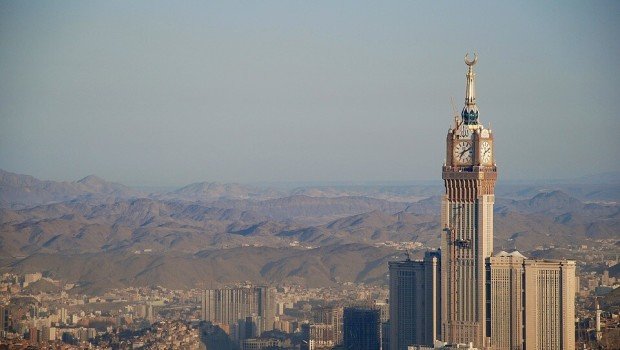Tensions between Iran and Saudi Arabia have reached a boiling point after Iranian protesters set fire to the Saudi embassy. The protesters attacked the embassy following Saudi Arabia’s execution of prominent Shiite cleric Nimr al-Nimr. The tension is now having a major effect on worldwide oil prices.
The Saudi government has given Iranian ambassadors two days to leave the country. With Sunni-Shiite proxy wars taking place throughout the Middle East, this represents the largest meltdown of relationships between the two countries since the 1980s.
The Sunni-dominated Saudi Arabia and Shiite Iran have been fighting proxy wars in Yemen and Syria. The two sects of Muslims have seen escalating conflicts since last year’s deal regarding the Iranian nuclear program.
With the escalating conflict, these proxy wars are expected to increase in scope. And now that Saudi Arabia has cut ties with the country, Iran is essentially on its own in the Middle East.
Founder of consulting firm Cornerstone Global Associates Ghanem Nuseibeh explained, “Iran is now basically isolated regionally. It will be the main party to suffer from this isolation. They were hoping to reintegrate themselves into the wider world with the nuclear deal and now they’ve actually done quite the opposite.”
The conflict has also had a major effect on the price of oil worldwide, as China, Japan and Europe all experienced rising commodity prices during 2016’s first full day of trading. The prospect of more conflict in the Middle East has put a damper on the global economy.
Former Lebanese finance Minister Jihad Azour said, “From an investment perspective, it’s bad news. People were betting on reactivating the dialog between the Saudis and the Iranians and to appease tensions. It’s clear it’s not going to be the case for some time.”
Foreign Minister of Saudi Arabia Adel al-Jubeir says that the people of Saudi Arabia will no longer have to deal with a nation that “supports terrorism and sectarianism”. Meanwhile, Bahrain is also banning Iranian ambassadors, as the country has similarly accused Iran of funding and arming extremist groups and inciting violence in the Middle East. The United Arab Emirates and Kuwait have also publicly spoken out against Iran.
Supreme leader of Iran Ayatollah Ali Khamenei had assured severe repercussions against Saudi Arabia following the execution of the Shiite cleric.
Khamenei promised, “The divine hand of revenge will take the Saudi politicians by the throat.”
Iran and Saudi Arabia had a major run-in during the late 1980s when Iranians attacked the Saudi Arabian embassy. After the incident, Saudi Arabia suspended its ties with Iran. The two countries were also on opposing sides during the first Gulf War.
Currently, the two countries are on differing sides in Syria, where Iran is in support of Syrian President Bashar al-Assad, and Saudi Arabia is supporting Syrian rebel forces.
Stay Connected